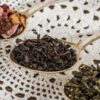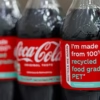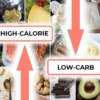Dangerous Foods to Reheat: What Turns Toxic and Why
- Food Safety, Health & Wellness
- February 18, 2025
 Food Manifest
Food Manifest 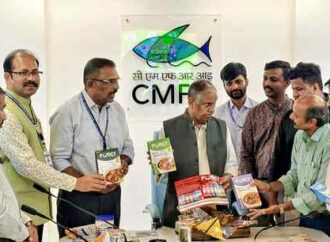
Key Update Union Minister of State for Agriculture & Farmers Welfare, Ram Nath Thakur, launched a range of innovative food products developed by startups incubated at the ICAR-Central Institute of Fisheries Technology (ICAR-CIFT). Collagen Honey Peanut Butter: A Health-Focused Functional Spread The Minister unveiled Collagen Honey Peanut Butter, created by Parayil Biofarm Pvt. Ltd under
READ MORE
Key Update Over 33 students fell ill after eating the mid-day meal at the Government Middle School in Odakkalpalayam, Sultanpet block, Coimbatore district, raising serious concerns about the safety of the government’s flagship nutrition scheme. Students began experiencing vomiting and severe stomach pain shortly after lunch. Some became ill on the school premises, while others
READ MORE
Key Update The Health Department in Kerala has suspended the registrations of six doctors for 21 days for issuing fake health certificates or medical fitness certificates to food handlers without conducting physical examinations. Health Minister Veena George said the action followed an inquiry by the Kerala State Council of Modern Medicine. After receiving intimation from
READ MORE
Key Development Ahead of the Pongal festival, officials from the Food Safety Division seized around one tonne of adulterated jaggery during a surprise inspection at shops and warehouses in the Vellore wholesale market on Tuesday. The inspection targeted high-volume jaggery trading zones in British-era market lanes, where demand rises sharply during festivals such as Pongal
READ MORE
Key Development Telangana has strengthened food safety enforcement through month-wise inspections of high-risk food categories. Authorities have focused on edible oils, seeds and spices, bakeries, and packaged drinking water units to reduce contamination risks and improve compliance. After completing drives on seeds, spices and edible oils, officials are currently inspecting bakeries and packaged drinking water
READ MORE
Key Development The Tamil Nadu Food Safety Department has confirmed that eggs, roasted chana, and masala products available in Coimbatore markets are safe for consumption, following extensive laboratory testing. Officials found no unsafe substances or adulterants in the samples collected. Laboratory Tests Find No Contamination The department tested nearly 100 samples across the three food
READ MORE
